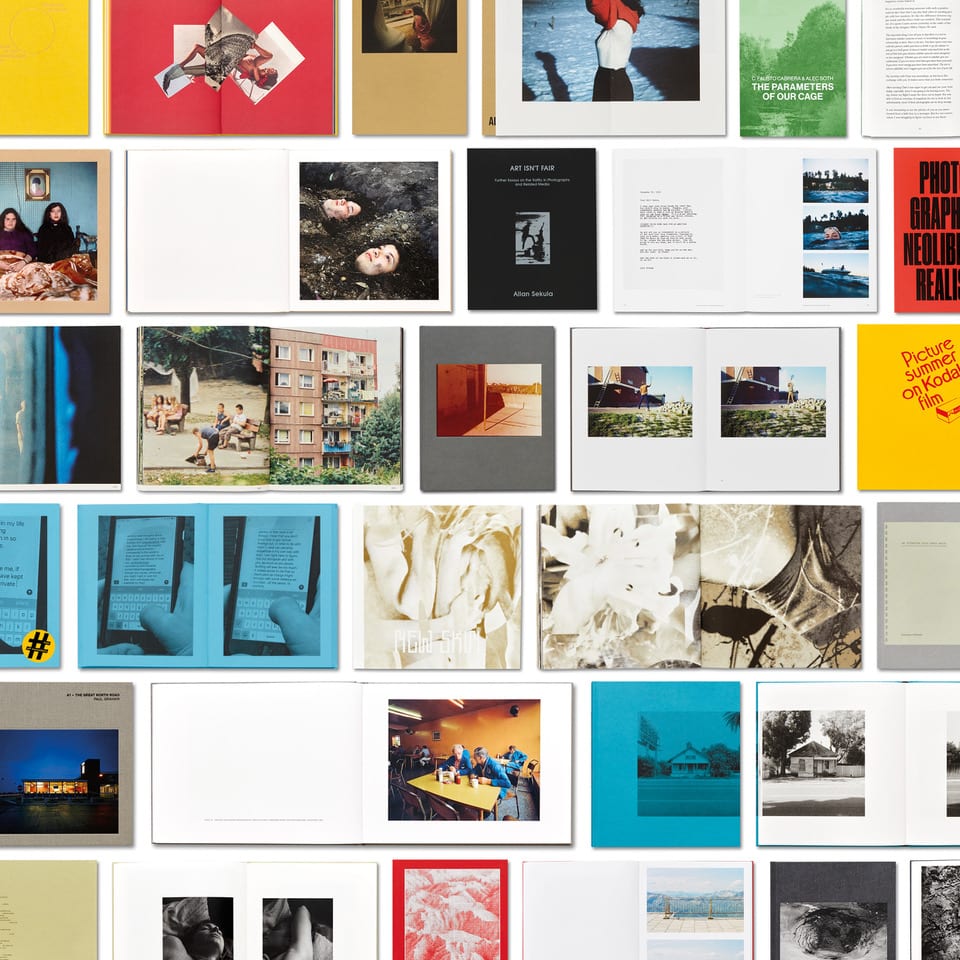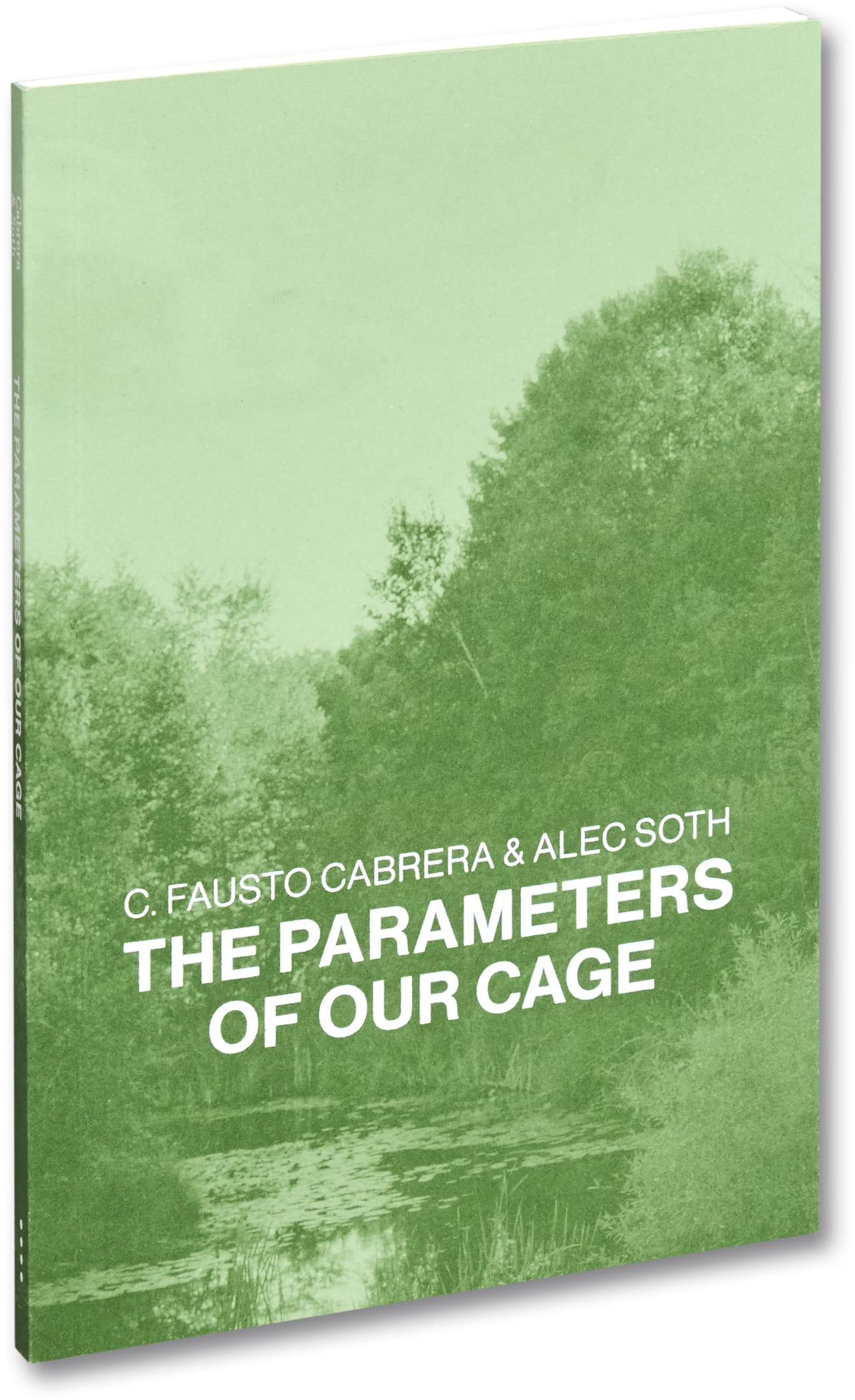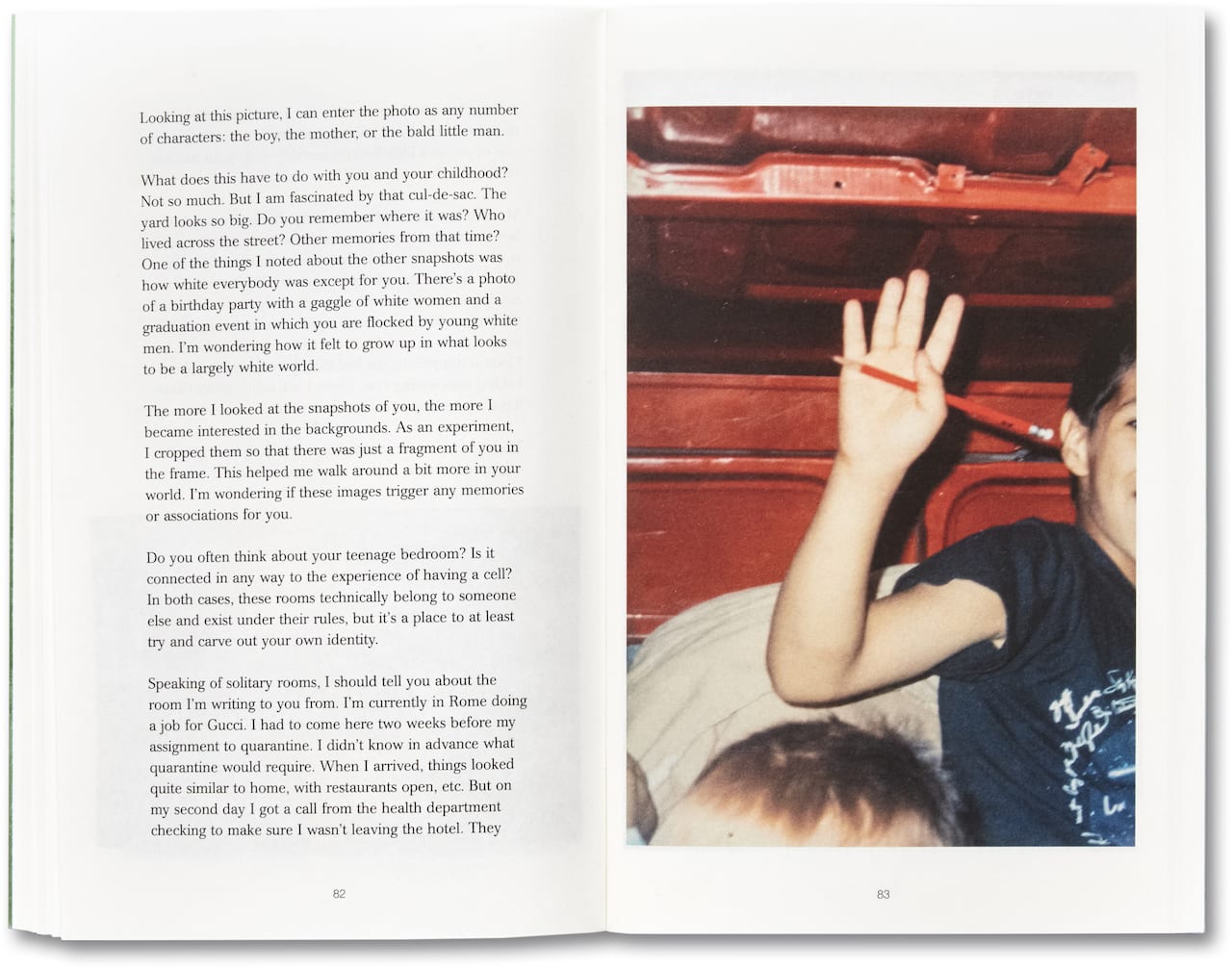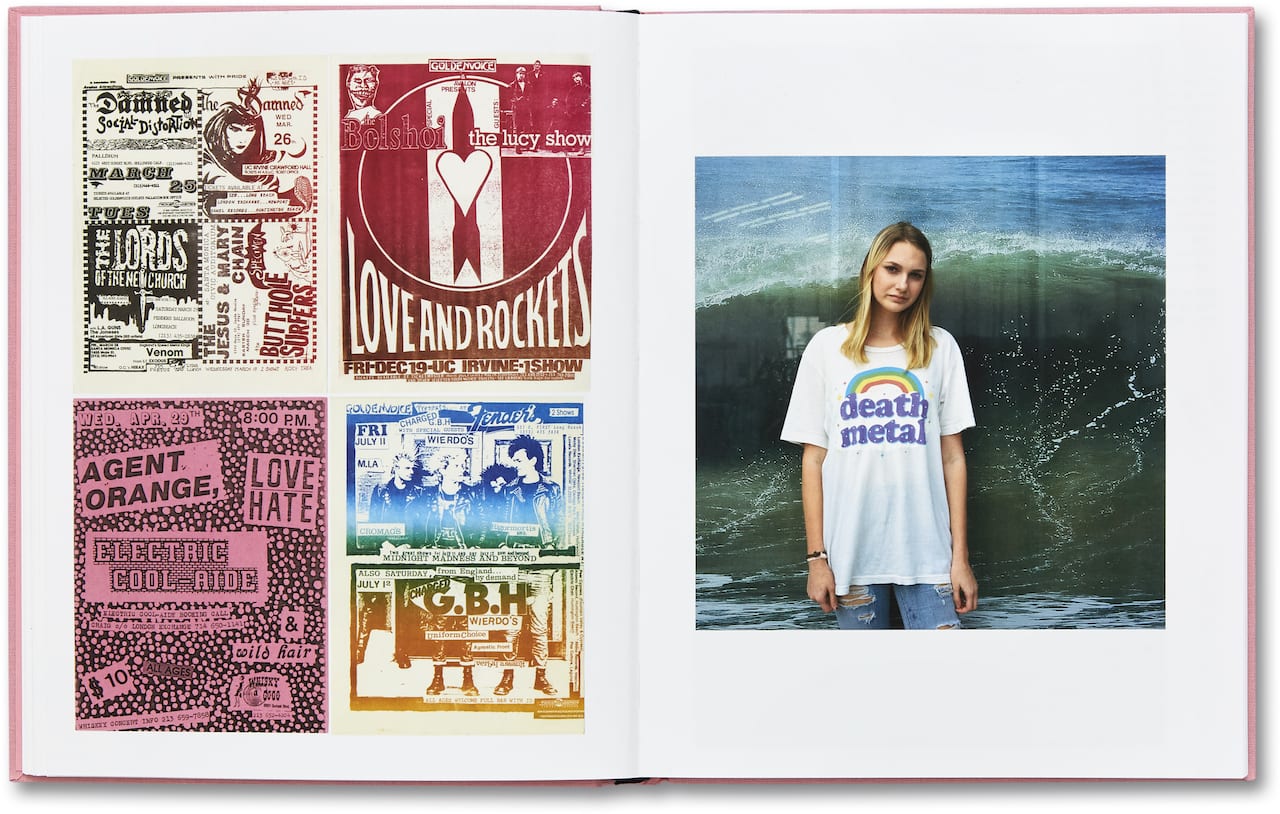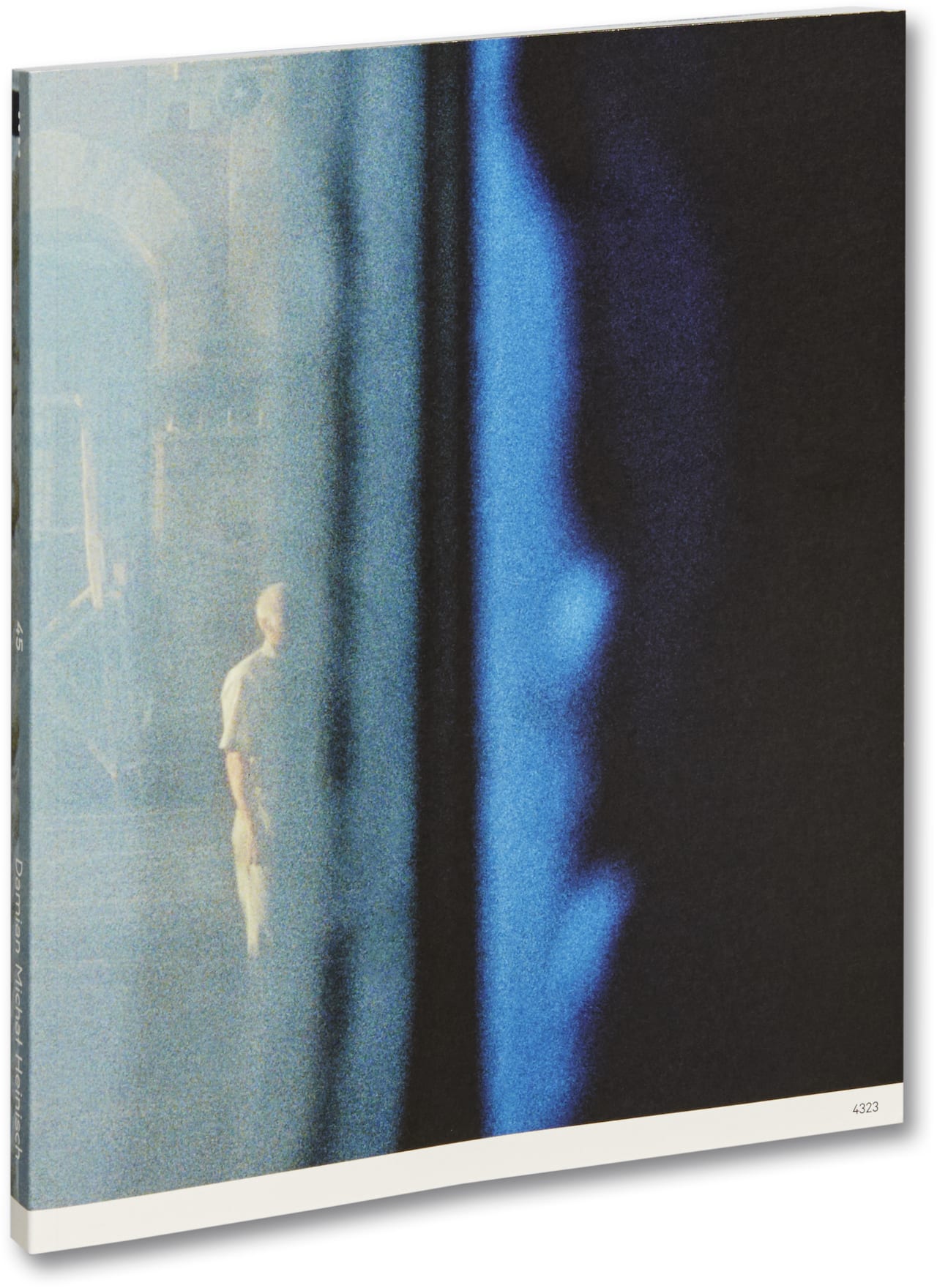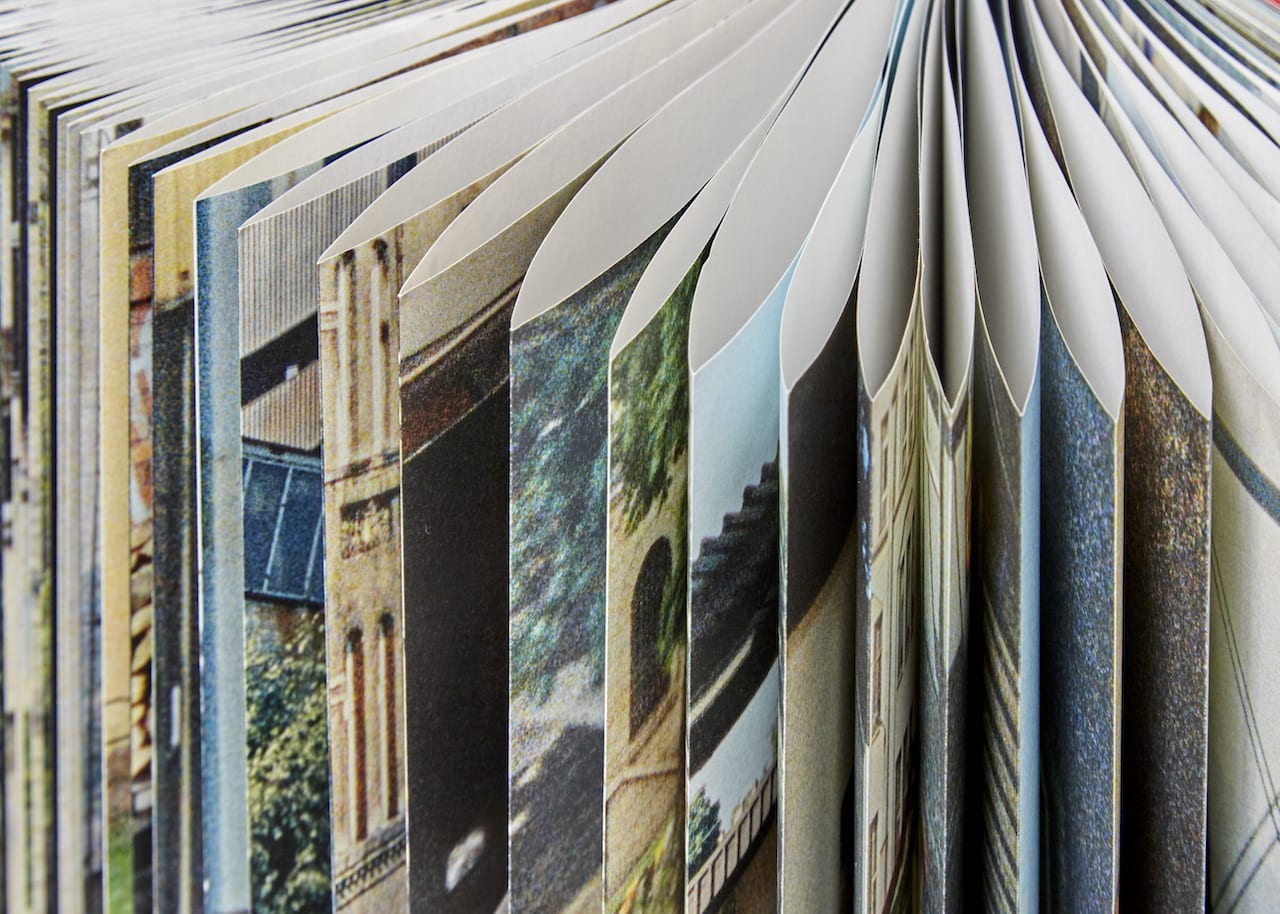In collaboration with Direct Digital – the leading international photographic equipment rental facility – 1854 introduce Industry Insights, a series which delves into the ins and outs of working in the photography industry
Jess Gough works across editorial, events, and awards at MACK. Here, she gives an insight into the process behind publishing photobooks — from editing to distribution — and managing the First Book Award
“The possibilities are endless with the book form,” says Jess Gough, who works across editorial, events, and awards at publishing house MACK. “It’s really an amazing thing that people engaged with an artist’s idea can have access to it in book form, and they don’t need to go to an exhibition. Exhibitions almost seem like experiments, but the book form has this permanence and longevity; it’s like having a mini exhibition on your bookshelf that you can return to.”
MACK, founded in 2010 by Michael Mack, is one of the foremost publishers of photobooks in the UK today. Last year they produced 27 photobooks, and have 23 on their forthcoming spring-summer list, with a new cohort to follow in autumn-winter. The publishers are dedicated to making artwork accessible, producing photobooks at as affordable a cost as possible. Unlike many photobook publishers, MACK covers the entirety of printing costs and expenses, and their artists receive royalties.
In terms of timelines, MACK’s list of forthcoming publications is decided well in advance. On average, a publication date is set about a year ahead, to allow for the editorial process, printing in Europe (where all proofs are signed off by Morgan Crowcroft-Brown, MACK’s designer and production manager, often alongside the artist), and delivery to bookshops and distribution centres in the UK, the US, and Germany. MACK’s catalogue is produced and distributed six months in advance of the launch, allowing bookshops to place orders. “We’re constantly engaging with our lists in a critical way, thinking: how can it be more diverse?” says Gough. “Are we trying to step out of the photobook bubble, are we engaging with what’s going on in the world?”
Occasionally MACK seeks out projects, but more often they are approached with projects in varying stages of completion. “Sometimes it will be a fully-formed book dummy, with everything considered from sequencing, the cover, the paper type; sometimes we’ll just be sent a file of jpegs. And to be honest, that’s really exciting as well,” reflects Gough. Once a project is accepted, the artist works closely with the editorial team for around three months, while MACK balances the budget and financial implications of every decision. “Every single book we make is very much a close collaboration with the artist,” says Gough.
The First Book Award, an open call which publishes its winner every year, is an accelerated version of MACK’s usual process. Normally submissions close in January (this year, it has been extended to 15 February), the judging day is in February, and the winner is contacted that same day. MACK pays for the winner to travel to London, to with them intensively for a week; the book is printed in March, and arrives in the UK in time for Photo London in May. “It’s a really amazing opportunity for people to jump ahead,” says Gough.
The award requires physical submissions rather than online PDFs. This aims to encourage a thorough and critical consideration of how each artist sees their project envisioned in book form, rather than just as a catalogue or portfolio of work. Production specs of all standards are considered equally, from linen-bound hardcover to home-printed pages; the important thing is that the dummy gives an idea of how the artist envisions their book to be, and how the work engages directly with the page itself. “I think it’s really valuable for photographers and artists to spend a lot of time with different books,” says Gough, “and to think about how and why work has been put onto the page in the way it has, and what informed those choices.”
In order to see if a project will work as a book, Gough recommends printing it out in its entirety, and then experimenting with sequencing, physically moving images around to explore layout ideas. This is a key part of the process, she says: being able to see the images as part of a printed artefact, exploring their conversations with one another, or perhaps discovering that a project doesn’t yet feel quite substantial enough.
“The editing process in itself is really important,” she explains. “You’re seeing your images completely differently to how you did otherwise, even in editorial, or on your website.” A second pair of eyes can be invaluable at this crucial stage, as evaluating your own work under these new terms can be difficult. In the end, what you should be left with is a work that creates a feeling, an experience. “I want something that really pulls me in, and makes me think I’ve never seen a project like this before; I’ve never seen a theme approached in this way before,’” says Gough.
Is there anything that MACK are looking for in particular, that especially piques their interest? “If there’s a really strong body of work broaching a subject that seems very prescient, for example, or seems to articulate something about the contemporary moment that we haven’t seen before, that would have weight in decisions, for sure,” says Gough. Of less interest are projects that read as being very commercial. “Our aim is obviously to cover our printing costs and be able to disseminate books as far as we can, but also it’s to be able to provide a platform to artists who either haven’t published before, or who are emerging or not well-known,” Gough says, “and that means taking a leap of faith in an artist or a photographer or a writer.” The amount of sales isn’t the driving force: it’s the championing of the work.
“We consider it an important thing that should go out to the world. It’s not always how many we can sell; that’s not the backbone,” says Gough. Producing commercial objects, in any case, might often mean watering a project down, making it more palatable, something MACK is wary of. “We don’t want to be dumbing down the ideas,” she continues. “We want to treat our audiences as intelligent and sophisticated, and be able to work through difficult ideas and interesting propositions.”
The deadline for entries to this year’s First Book Award has been extended to 15 february 2021.
Find out more about Direct Digital here.

